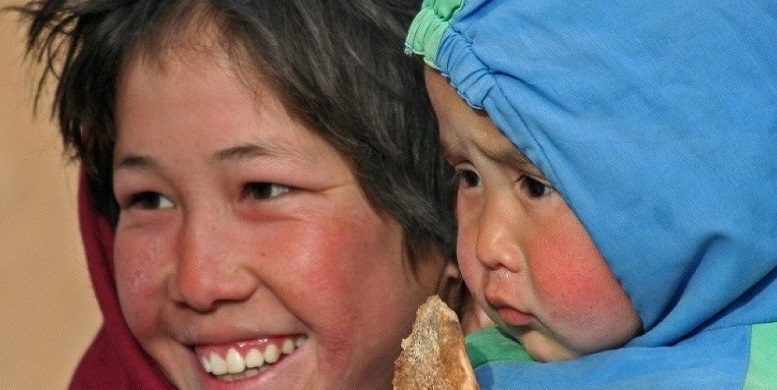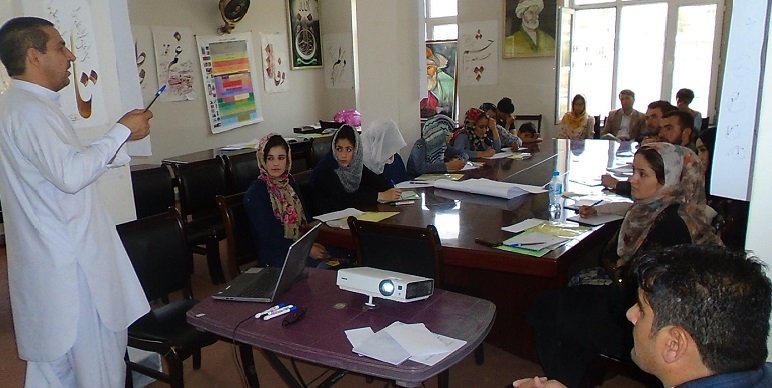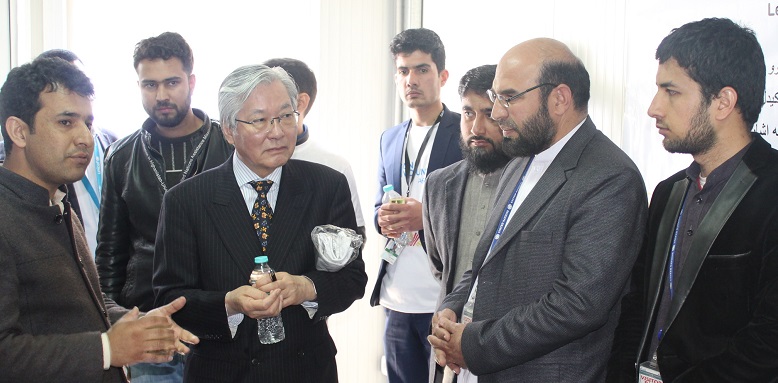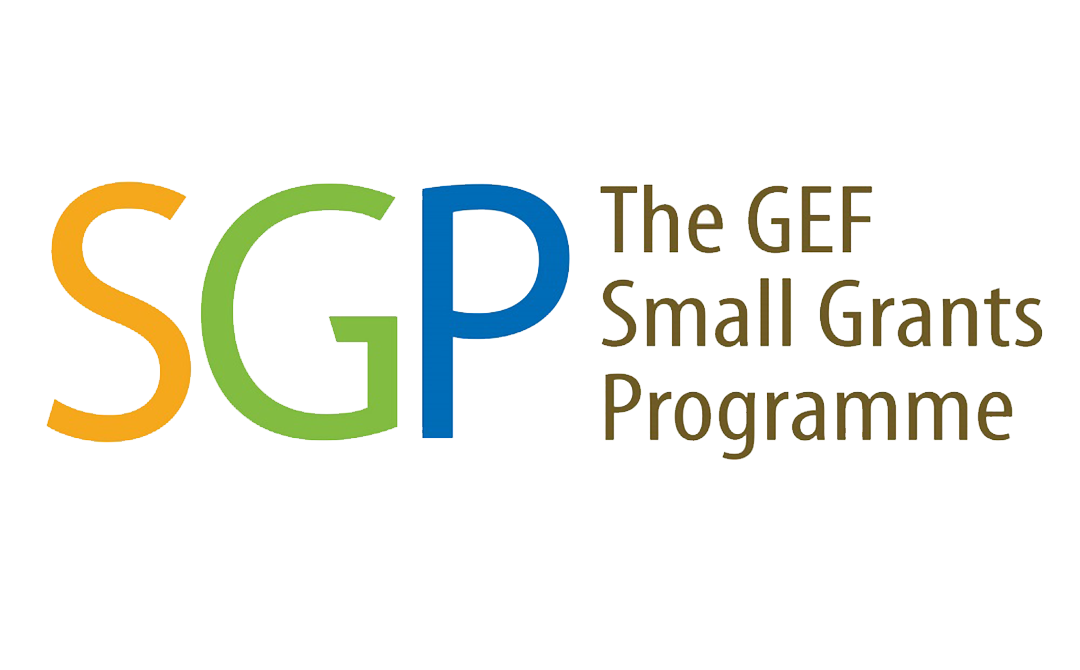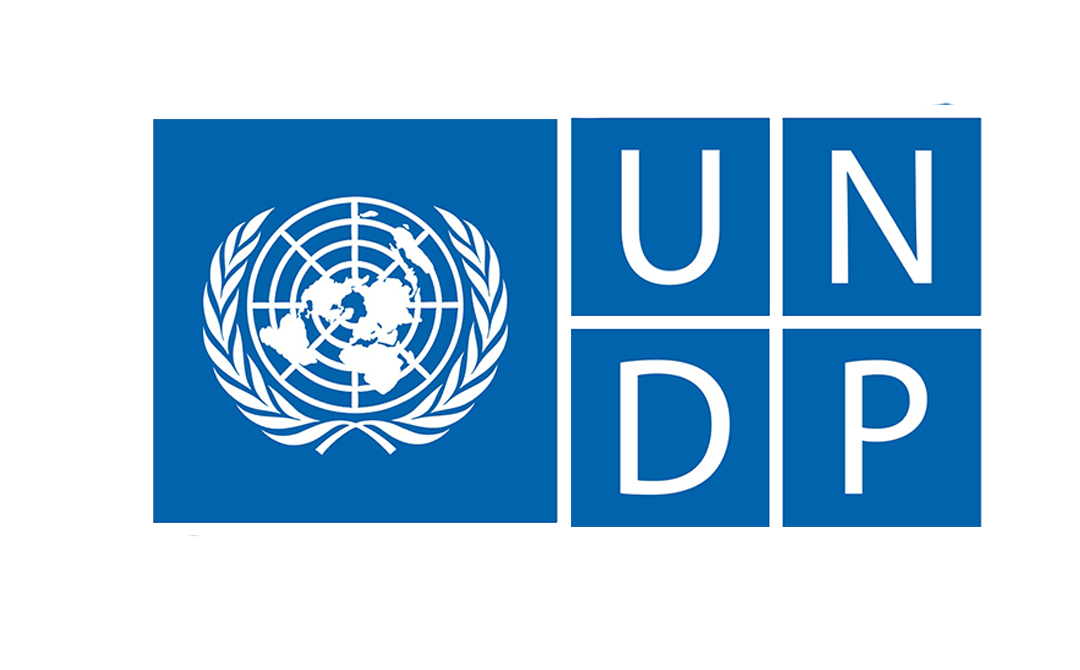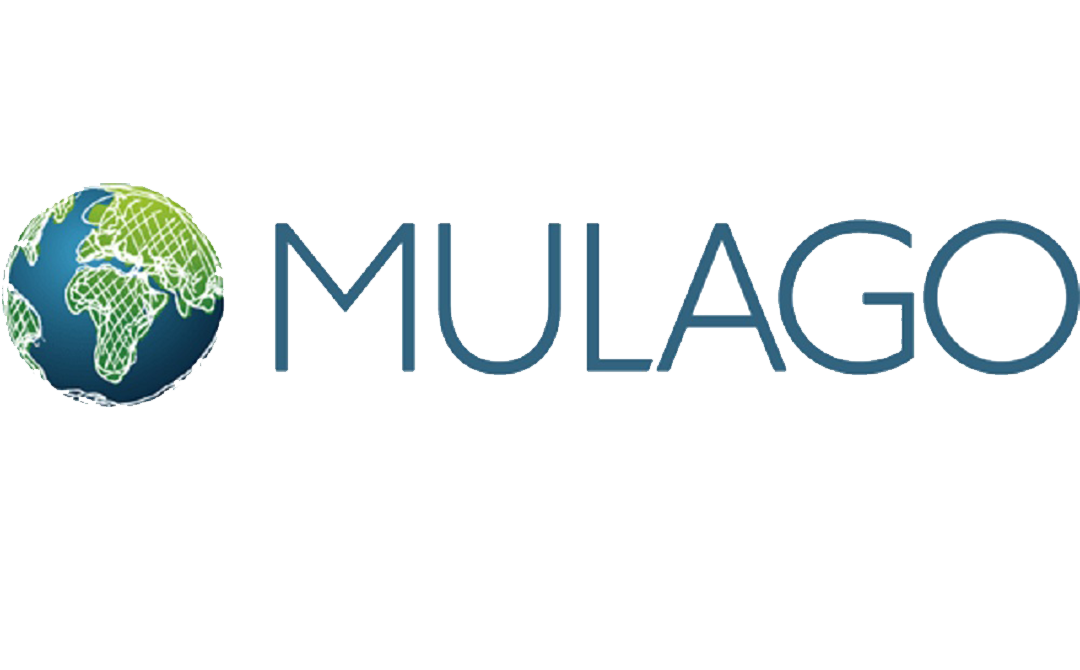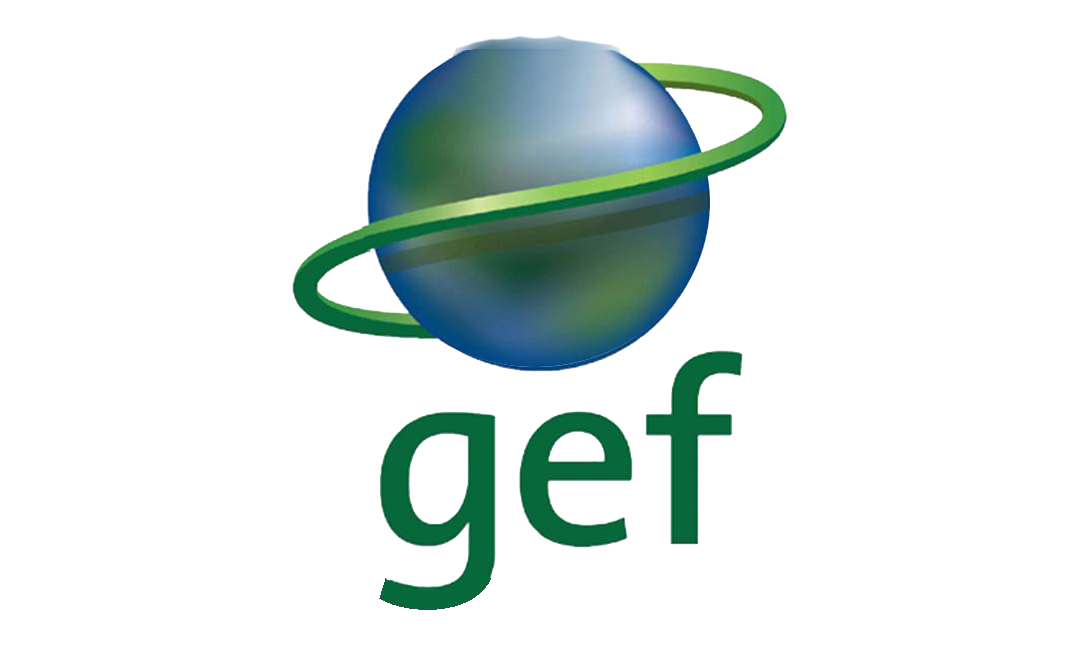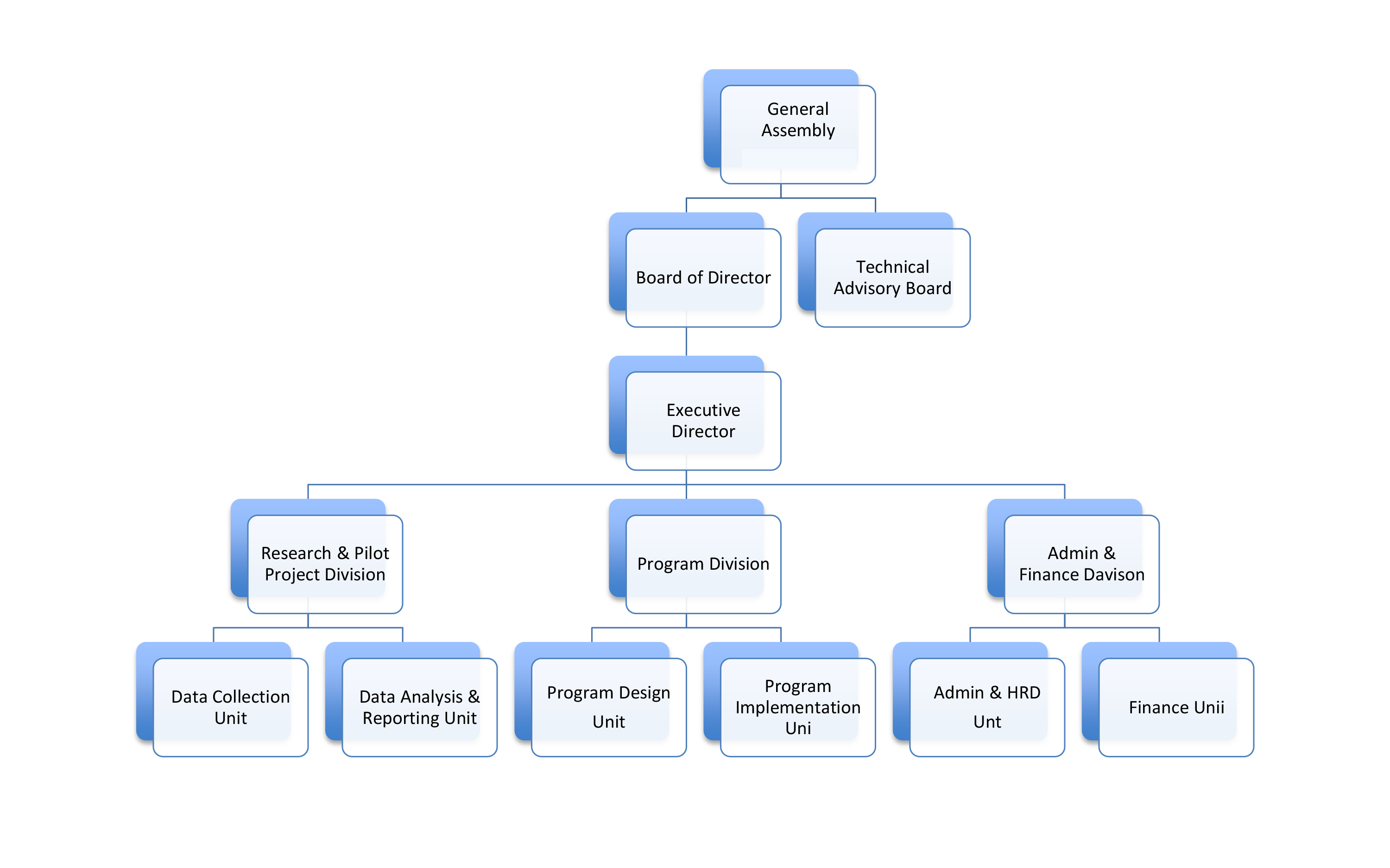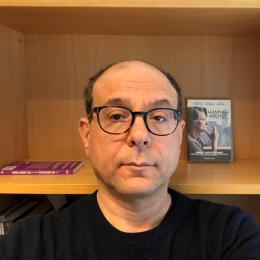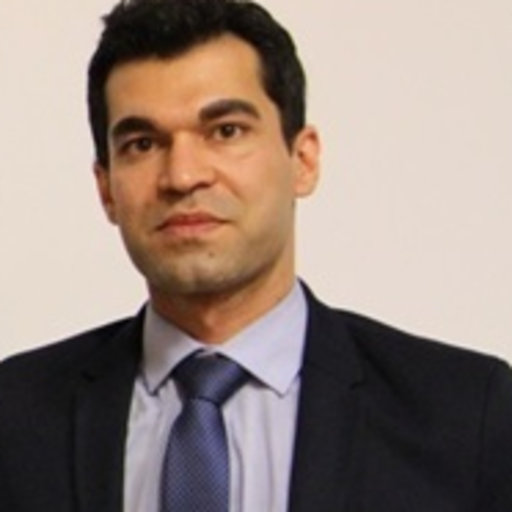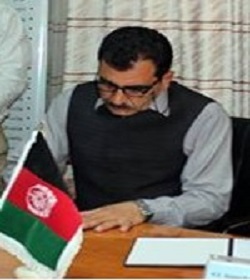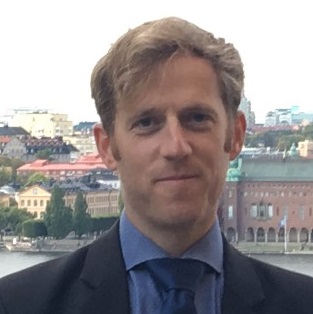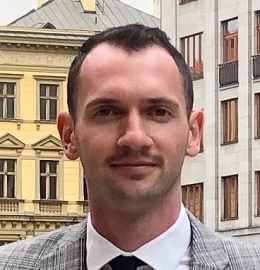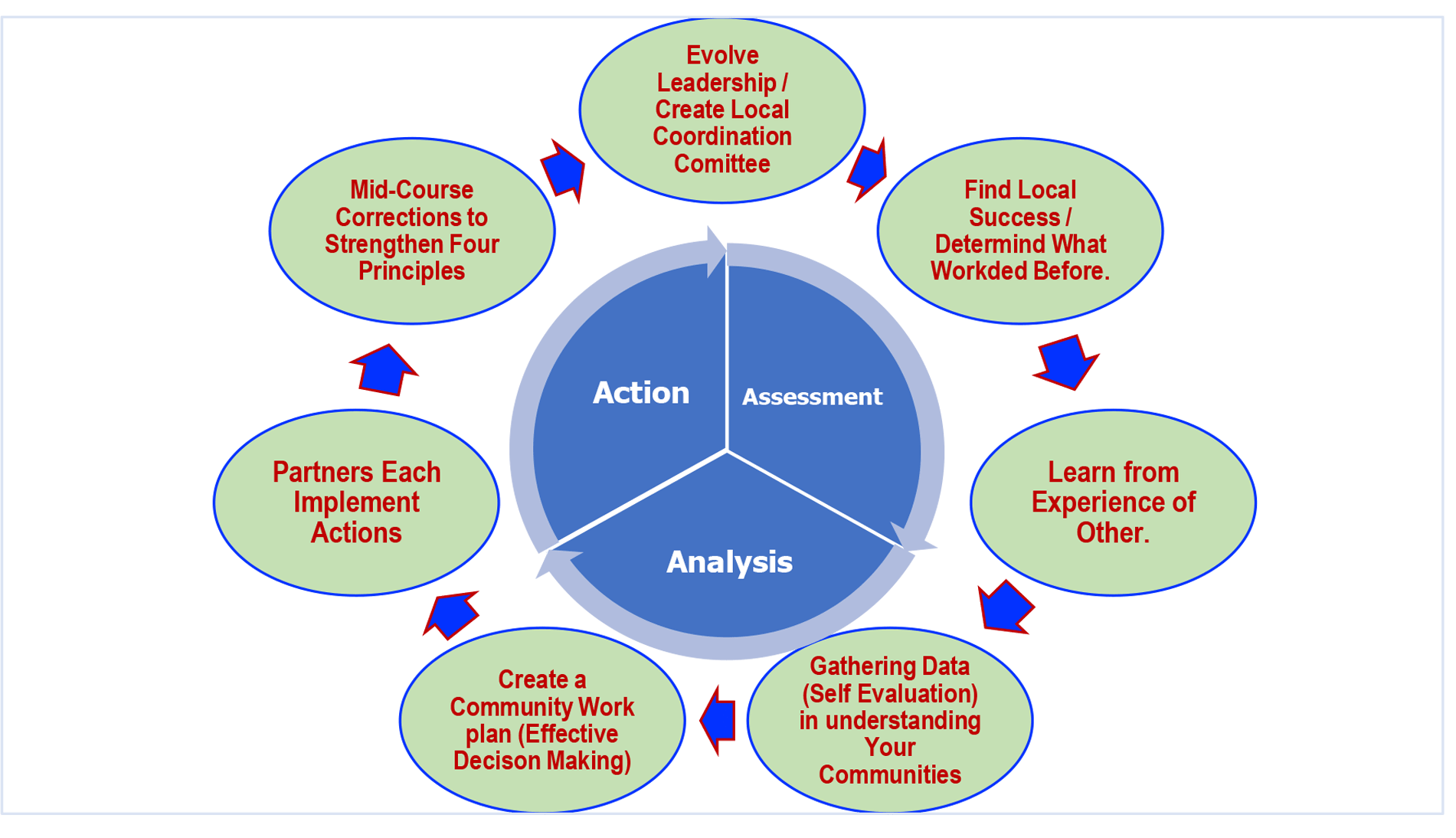FGEO's Approach to Self-sufficiency and Social Change
FG has a history of self-reliance and community empowerment that is based on a participatory
and
inclusive decision-making processes; gender equality, transparency and accountability and
sustainability. It has used its proven approach (SEED-SCALE) in its target areas in
Afghanistan. SEED is
an acronym for Systems of Self Evaluation for Effective Decision-making. The focus of
activities from
the beginning is to facilitate sustainable community based, community owned socio-economic
and systemic
change in resource-poor settings. Rapid expansion occurs with systematic promotion of
training and
support with ideas but with minimum outside funding to build self-reliance, community
capacity, changes
in behavior and social norms and community empowerment. The SCALE is an acronym for Systems
for
Communities to Adapt, Learn and Expand in rapid extension from successful local sites, then
transforming
the best successes into Learning Centers, which extend to new regions to form a network of
Learning
Centers for national coverage. The SEED-SCALE is the FGEO Framework for action that allows
communities to
analyse their conditions in relation to national dynamics, take appropriate actions based on
their
priorities and resources and lasting change.
FGEO specializes in a partnership-based approach that strengthens linkages and skills among
communities
(bottom-up human energy), government (top-down enabling policies and financing), and
non-governmental
organizations (outside-in technical support) to address the needs of people living on the
margins of
society and protect fragile ecosystems. The core of FGEO's work is a system that communities
and
governments can use to shape their futures. In its entire project portfolio, FGEO stresses
the importance
for self-reliance and empowerment of local communities. The institution’s intention is to
create the
attitudinal and behavior changes that will improve the lives and livelihoods of community
people. In our
approach, efforts to instill in all activities a “You can do it” set of convictions builds
capacity in
our entire target areas.
It is common these days to speak of methodologies of self-reliance and empowerment – almost
all
organizations in the world claim to do or at least promote these. But most organizations
attempt
self-reliance and empowerment by giving services. Self-reliance is not giving to, but rather
it is
building out from people. Future Generations has an exemplary world-encircling evidence base
of
achieving both self-reliance and empowerment. Distinctive about the Future Generations
approach is that
it is based on scholarship begun with funding from UNICEF in 1992, which continues today.
The
methodology that has been developed is known as SEED-SCALE that the process was first
presented in two
monographs at the 1995 United Nations Summit in Copenhagen and more recently articulated in
the book
Just and Lasting Change: When Communities Own Their Futures. It continues to be refined
through ongoing
research, collaboration, and field application.
FGEO implements SEED-SCALE theory of change that offers a process for each community to
develop its own
services and enhance its efficacy and control. The approach uses resources all communities
have, and
builds from actions that have already started. The SEED-SCALE process activates the energy
and resources
of communities (SEED) and expands successes across large regions through government
partnership (SCALE).
SEED-SCALE is a framework to understand how to enable community empowerment as well as
methodology
(complete with guiding principles, action steps, and evaluation criteria) that can be taught
to and used
by communities functioning at the most basic level.
The essence of SEED-SCALE approach is the recognition that community members are the primary
authors and
actors for addressing their socio-economic problems, and awakening them to a possibility for
a better
life and self-reliant actions. FGEO will ensure its humanitarian and development programs
with
communities are:
Targeted the most vulnerable – for their Self-sufficiency that is the ability to provide
everything one
needs in sufficient quantities to save life and livelihoods.
Dynamically Transformative - community members uncover their own definition of human
well-being and the
direction they themselves define as most desirable to ensure it. This shifthelps them to
move away from
dependencies.
Empowering - communities through participatory planning, implementation, and management of
local
development activities.
Improving – local leadership will be strengthening to become more accountable and inclusive.
Connected – although arising as local initiatives, strong linkages and partnership are
forged with
regional and national development actions.
Iterative – so community initiated success leads to another and then to another until
community networks
are established district wide, regionally and nationally.
In all its humanitarian and development works with communities, FGEO will not present itself
as a source
of funding, but as a facilitating partner and capacity builder. The SEED-SCALE approach has
enabled the
FGA to focus communities on how they themselves can channel their social and human capitals
towards
overcoming socio-economic problems rather than always looking for outside sources of support
and
funding. This means the work of FGA promotes self-sufficiency in the emergency or
humanitarian situation
and moves toward self-reliance and empowerment.

